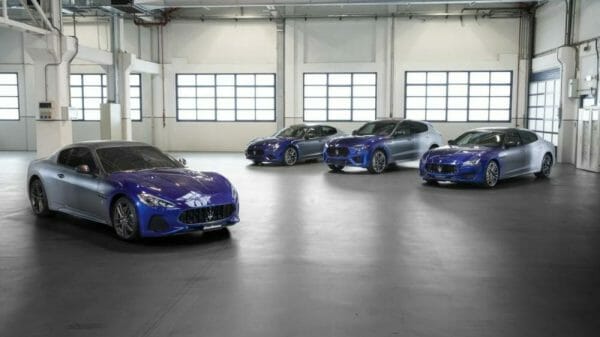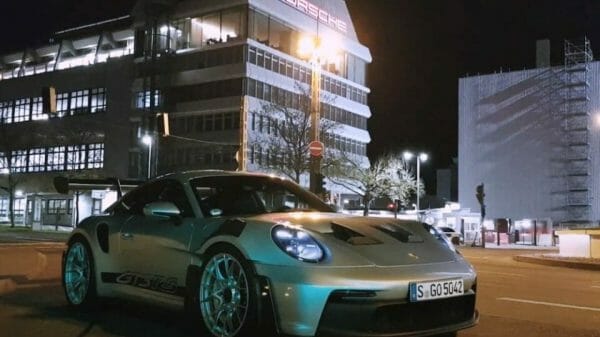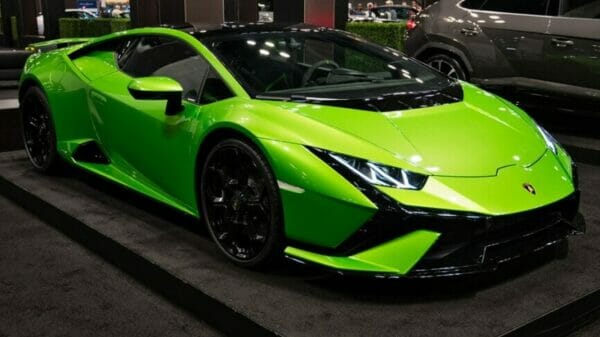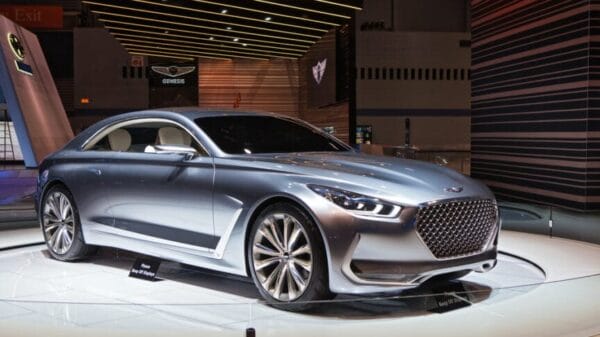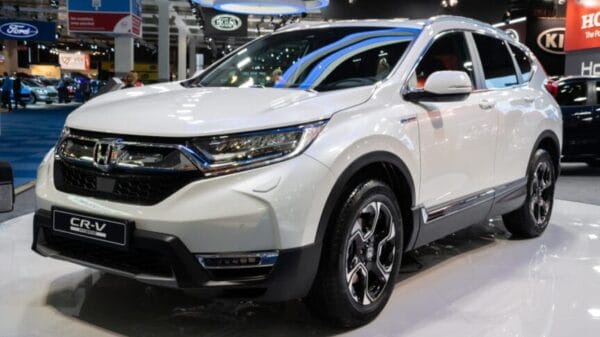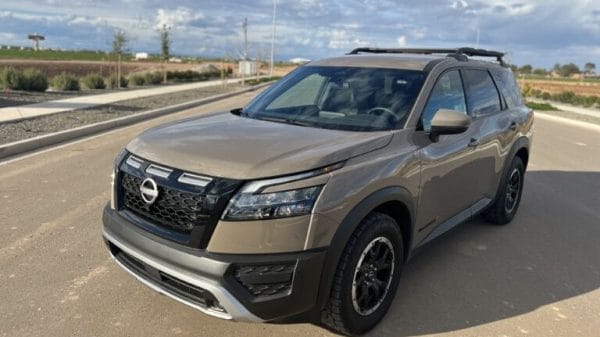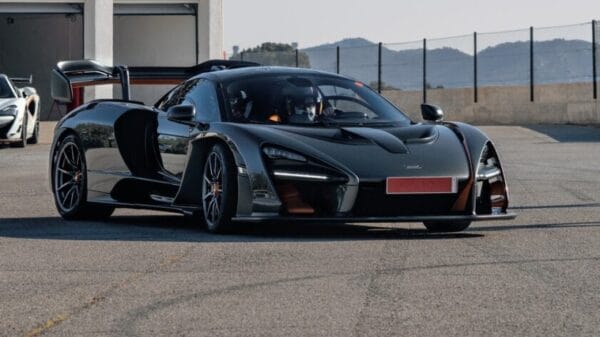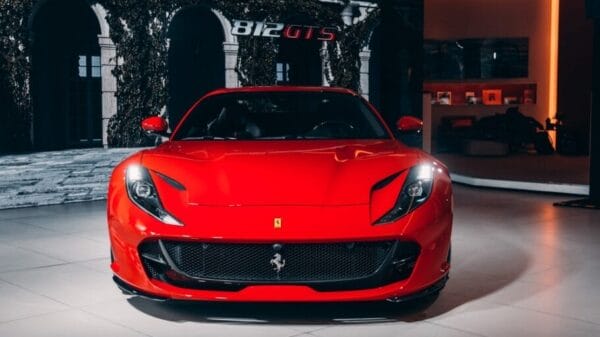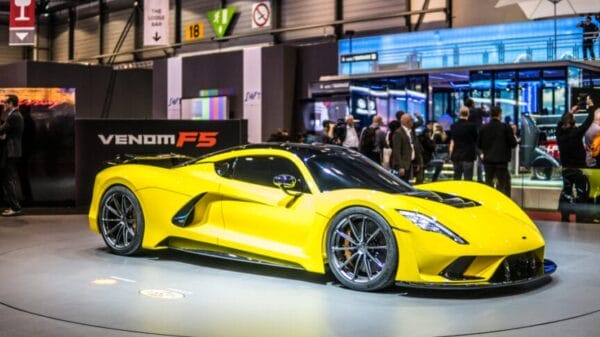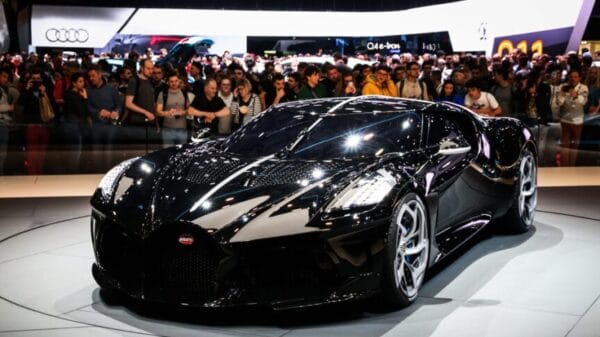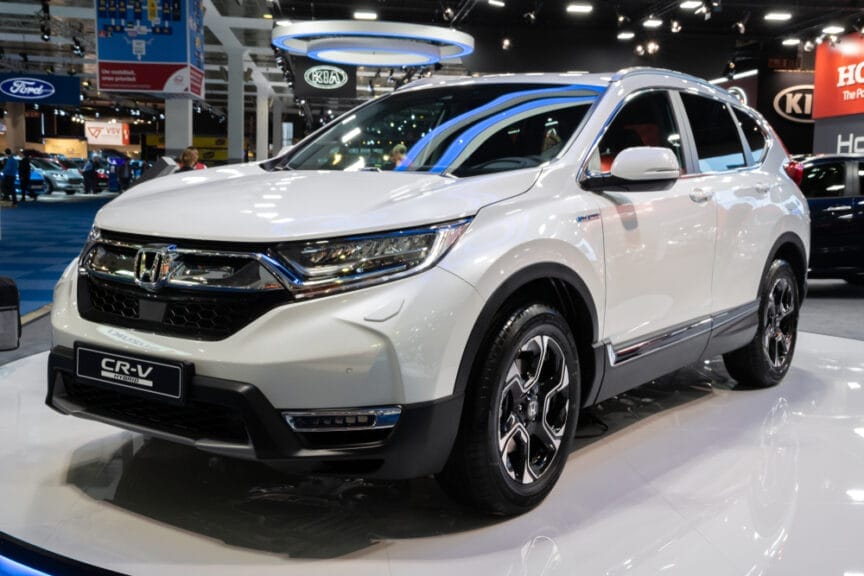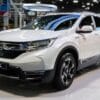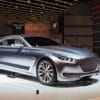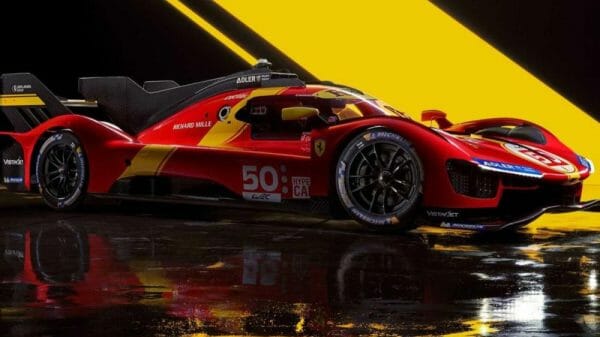Honda has been a longstanding supporter of hydrogen fuel cell cars through models like the FCX Clarity and the Clarity. These vehicles present an option to completely electric cars as they generate zero carbon emissions and can be refilled quicker than electric SUVs. Nonetheless, the scarcity of refilling infrastructure might pose challenges in owning a fuel cell vehicle if you are distant from a refilling station.
Despite the limited consumer interest in fuel cell cars, Honda and Toyota have persisted in investing in hydrogen fuel cell technology. Honda’s approach to hydrogen fuel cell cars varies slightly from that of Toyota. The 2025 CR-V e:FCEV from Honda is a vehicle with limited production, with intentions to manufacture only a small number of units annually available for lease only, in contrast to Toyota’s Mirai, which is up for sale.
The rationale behind the low production rates is Honda’s dedication to utilizing hydrogen for bigger vehicles such as trucks. Honda is of the opinion that hydrogen-powered haulage vehicles can return to the roads faster in comparison to fully electric trucks.
Honda considers the CR-V e:FCEV as a testbed for this technology, gathering authentic data to further enhance it for potential uses, notably in larger commercial automobiles.
Regarding the power system, the CR-V e:FCEV comes with a second-generation hydrogen fuel cell system, combined with a plug-in hybrid arrangement offering 29 miles of electric range, hence decreasing the need for hydrogen refueling stations for daily trips.
Although the exterior of the 2025 CR-V e:FCEV is akin to the CR-V hybrid, numerous alterations have been implemented to the front portion, making it elongated and featuring distinctive wheels and taillights.
Internally, the CR-V e:FCEV boasts a completely digital dashboard and a push-button gear selector. The rear seating area might be somewhat compromised due to the hydrogen tank underneath it, featuring a load-bearing platform creating a level cargo floor.
When driving the CR-V e:FCEV, it initiates in EV mode and accelerates rapidly, transitioning to “auto” mode for the combined function of hydrogen fuel cell and electric power system. The control and efficiency are akin to the CR-V hybrid, with slight modifications to suit the hydrogen tanks.
Honda’s decision to introduce a fuel cell vehicle based on its renowned CR-V model indicates a stride towards wider acceptance of hydrogen fuel cell technology. The manufacturing of the CR-V e:FCEV will take place at Honda’s Performance Manufacturing Center in Ohio, setting the stage for forthcoming advancements in alternative fuel vehicles.
Image Credit: VanderWolf Images / Shutterstock


